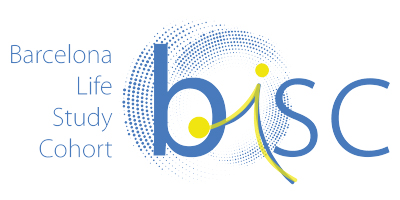Childhood and Environment
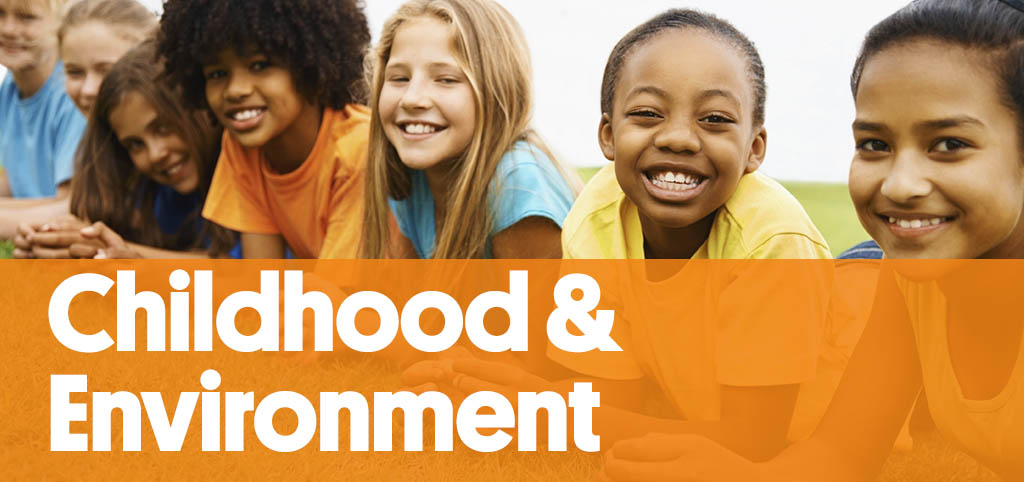
Children’s health is considered a priority at the international level—and also at ISGlobal. Our Childhood and Environment programme focuses on evaluating the effects of environmental pollutants on children’s health , with particular emphasis on exposure during pregnancy and the postnatal period. The figure below describes the main areas of research interest in this field:
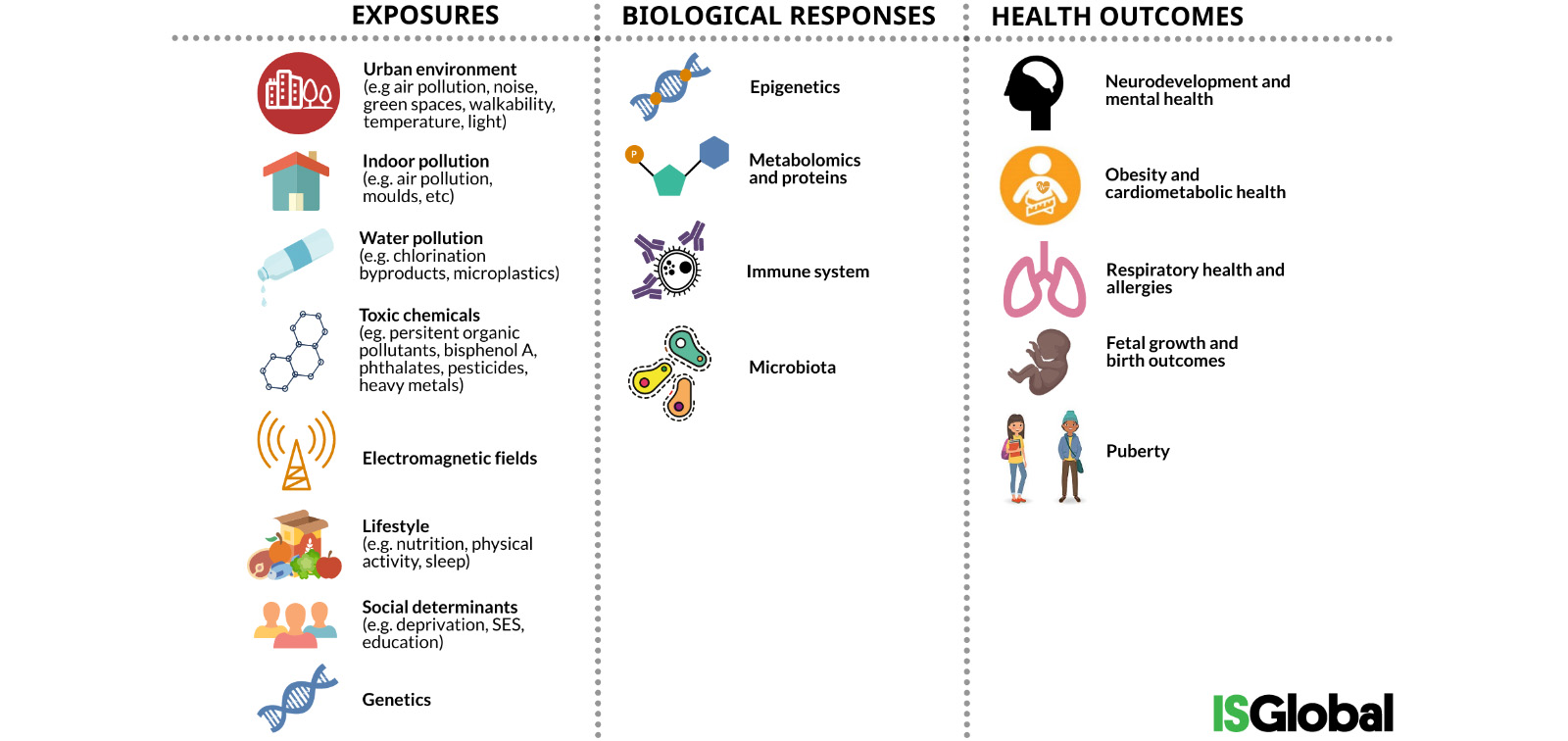
- Exposures
—Urban environment (e.g. air pollution, noise, green spaces, pedestrian areas, temperature, light)
—Indoor pollution (e.g. air pollution, mould)
—Water pollution (e.g. chlorination by-products, microplastics)
—Toxic chemical compounds (e.g. persistent organic pollutants, bisphenol A, phthalates, pesticides, heavy metals)
—Electromagnetic fields
—Lifestyle (e.g. nutrition, physical activity, sleep)
—Social determinants (e.g. restrictions, socio-economic status, education)
—Genetics - Biological responses
—Epigenetics
—Metabolomics and proteins
—Immune system
—Microbiota - Health impacts
—Neurodevelopment and mental health
—Obesity and cardiometabolic health
—Respiratory health and allergies
—Foetal growth and birth outcomes
—Puberty
ISGlobal-Led Birth Cohorts
Within the Childhood and Environment programme, there is a strong focus on longitudinal birth cohort research. We are currently leading a Spanish network of birth cohorts called the INMA Environment and Childhood Project as well as the BiSC birth cohort (in Barcelona and the surrounding metropolitan area).
ISGlobal-Led Birth Cohort Networks
ISGlobal has also been instrumental in building a birth cohort network in Europe through three European projects: ENRIECO, from 2009 to 2011; CHICOS, from 2010 to 2013; and LIFECYCLE, from 2017 to 2021. These efforts have resulted in a framework for data sharing and harmonisation across than 30 European birth cohorts.
Our Team
Head
-
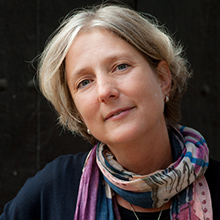 Martine Vrijheid Research Professor and Head of the Environment and Health over the Lifecourse Programme
Martine Vrijheid Research Professor and Head of the Environment and Health over the Lifecourse Programme
Our Team
-
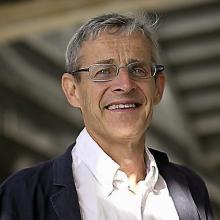 Jordi Sunyer Research Professor
Jordi Sunyer Research Professor -
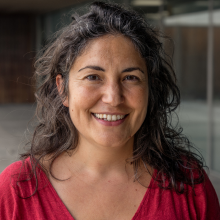 Mònica Guxens Research Professor
Mònica Guxens Research Professor -
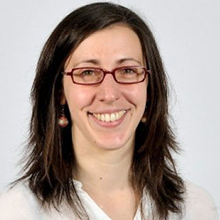 Mireia Gascon Associated Researcher
Mireia Gascon Associated Researcher -
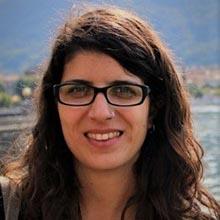 Ioar Rivas Assistant Research Professor
Ioar Rivas Assistant Research Professor -
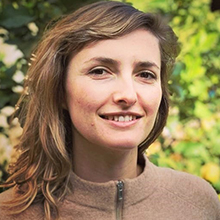 Lea Maitre Assistant Research Professor
Lea Maitre Assistant Research Professor -
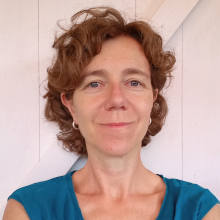 MARIONA BUSTAMANTE Staff Scientist
MARIONA BUSTAMANTE Staff Scientist -
Payam Dadvand
-
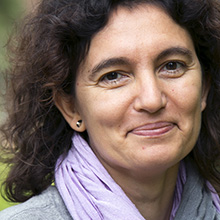 Judith Garcia Aymerich Research Professor and Head of the Environment and Health over the Lifecourse Programme
Judith Garcia Aymerich Research Professor and Head of the Environment and Health over the Lifecourse Programme -
Isabelle Thierry Chef
-
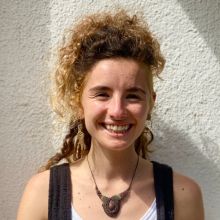 Sofía Aguilar Predoctoral researcher
Sofía Aguilar Predoctoral researcher -
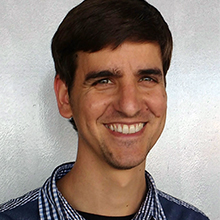 Albert Ambròs Technician GIS
Albert Ambròs Technician GIS -
 Augusto Anguita Postdoctoral Researcher
Augusto Anguita Postdoctoral Researcher -
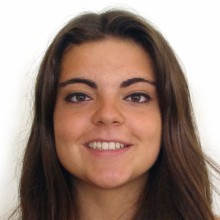 Laura Balagué Predoctoral Researcher
Laura Balagué Predoctoral Researcher -
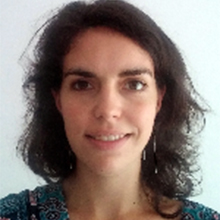 Anne-Claire Binter Postdoctoral Researcher
Anne-Claire Binter Postdoctoral Researcher -
 Núria Botella Statistician
Núria Botella Statistician -
 Laura Ciaran Tècnic de laboratori
Laura Ciaran Tècnic de laboratori -
Lourdes Cirugeda Data Manager INMA
-
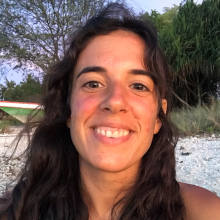 Marta Cosín Postdoctoral Researcher
Marta Cosín Postdoctoral Researcher -
 Ester Cots Predoctoral Researcher
Ester Cots Predoctoral Researcher -
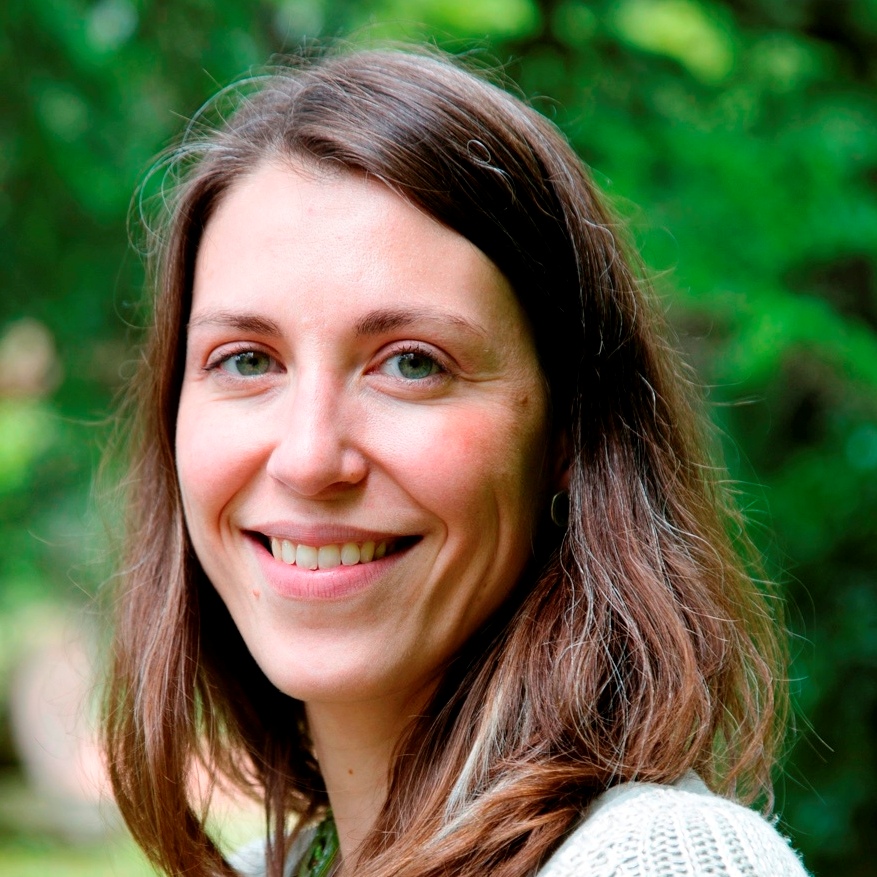 Montserrat de Castro Technician GIS
Montserrat de Castro Technician GIS -
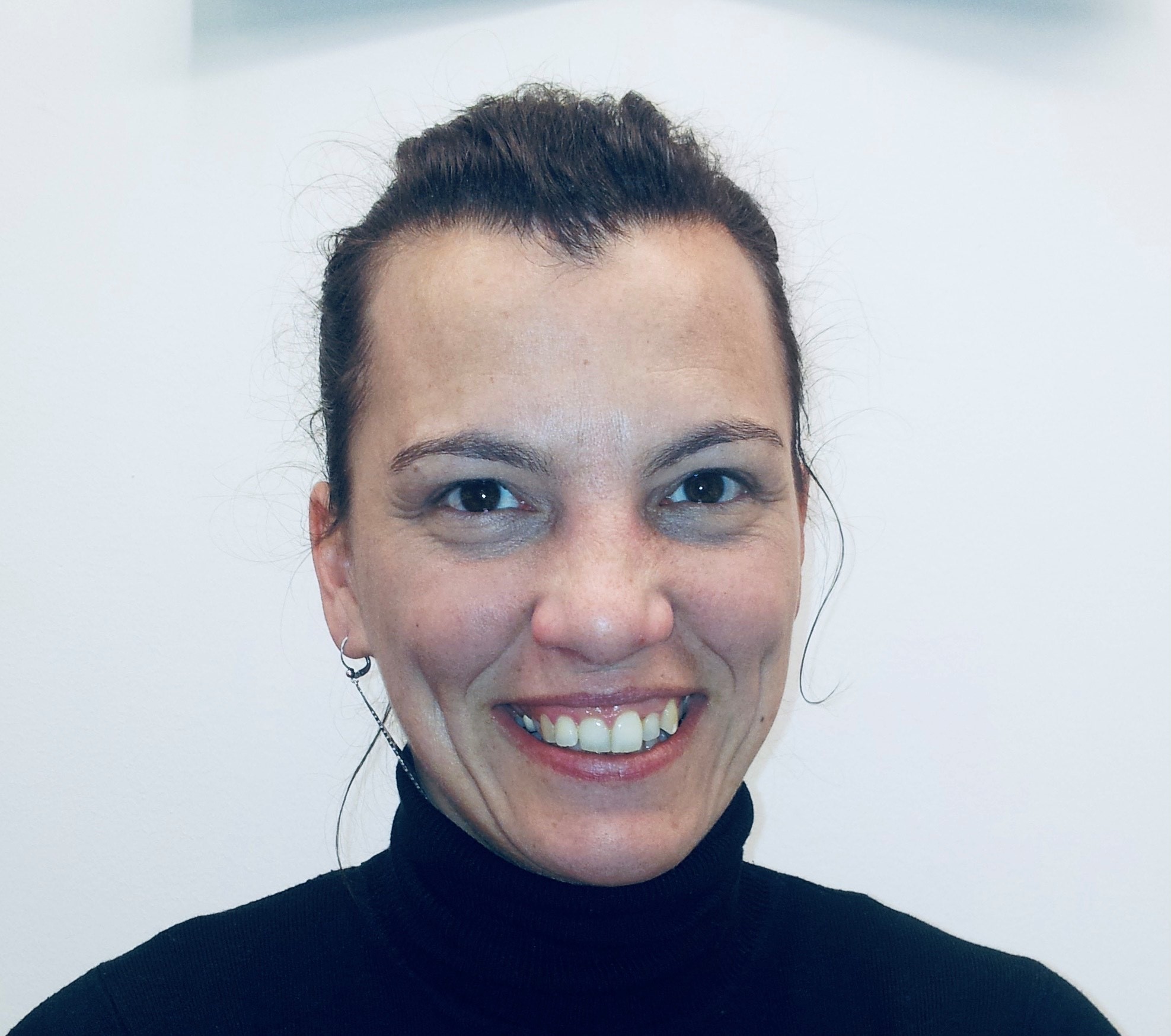 PATRICIA DE LLOBET Research technician
PATRICIA DE LLOBET Research technician -
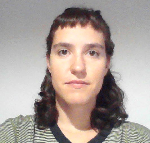 Carola Domènech Field Technician
Carola Domènech Field Technician -
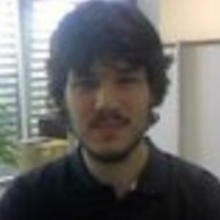 Mikel Esnaola Statistician
Mikel Esnaola Statistician -
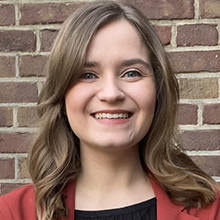 Esmée Essers Predoctoral Researcher
Esmée Essers Predoctoral Researcher -
 Lorenzo Fabbri Predoctoral Researcher
Lorenzo Fabbri Predoctoral Researcher -
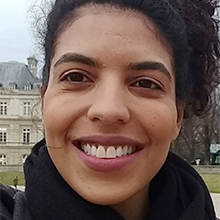 Amanda Fernandes Postdoctoral Researcher
Amanda Fernandes Postdoctoral Researcher -
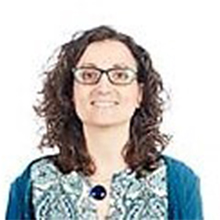 Muriel Ferrer Research Technician
Muriel Ferrer Research Technician -
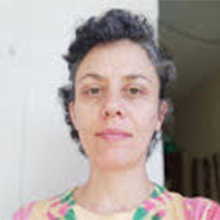 Serena Fossati Postdoctoral Researcher
Serena Fossati Postdoctoral Researcher -
Sheila García Nsue Project Manager
-
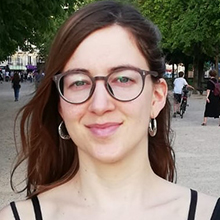 Laura Gómez Predoctoral Researcher
Laura Gómez Predoctoral Researcher -
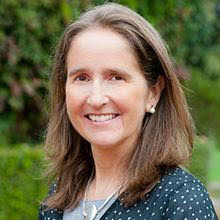 SUSANA GROS Project Manager
SUSANA GROS Project Manager -
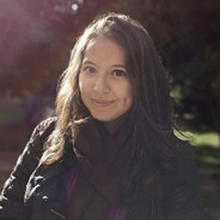 Nuria Güil Predoctoral Researcher
Nuria Güil Predoctoral Researcher -
Jean Baptiste Guimbaud
-
 Pol Jiménez Research Technician
Pol Jiménez Research Technician -
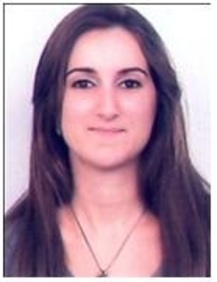 BEATRIZ JURADO Research Technician
BEATRIZ JURADO Research Technician -
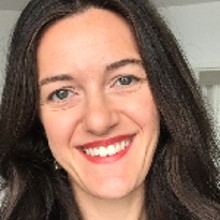 Bethany Knox Predoctoral Fellow
Bethany Knox Predoctoral Fellow -
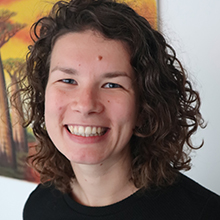 Michelle Kusters Predoctoral Researcher
Michelle Kusters Predoctoral Researcher -
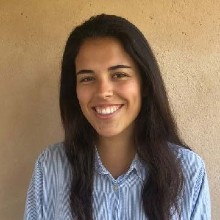 Paula Llabrés Research Technician
Paula Llabrés Research Technician -
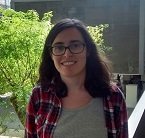 Mònica López Postdoctoral Researcher
Mònica López Postdoctoral Researcher -
 Lea Maitre Assistant Research Professor
Lea Maitre Assistant Research Professor -
Sandra Márquez Statistician
-
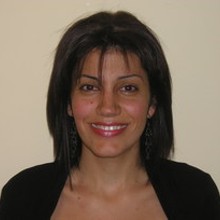 Iolanda Molina Personal Assistant
Iolanda Molina Personal Assistant -
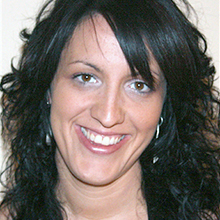 Agnès Moragues Grants Manager
Agnès Moragues Grants Manager -
 Àlex Morillas Data Manager
Àlex Morillas Data Manager -
 RODNEY ORTIZ Project Manager
RODNEY ORTIZ Project Manager -
Laura Perez Crespo
-
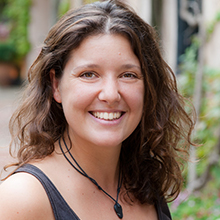 Cecilia Persavento Research Technician
Cecilia Persavento Research Technician -
 Sami Petricola GIS Technician
Sami Petricola GIS Technician -
Núria Pey Rosell
-
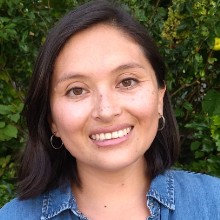 Gabriela P. Peralta Project Manager
Gabriela P. Peralta Project Manager -
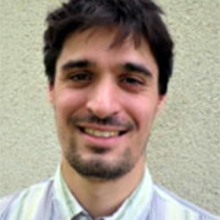 Bruno Raimbault Technician GIS
Bruno Raimbault Technician GIS -
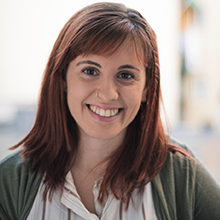 Neus Rosell Project Manager
Neus Rosell Project Manager -
Jessica Sánchez Galán Frauca
-
 Júlia Sangüesa Predoctoral Researcher
Júlia Sangüesa Predoctoral Researcher -
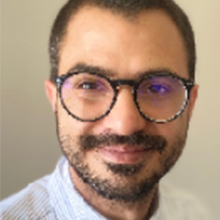 Nikos Stratakis Postdoctoral Researcher
Nikos Stratakis Postdoctoral Researcher -
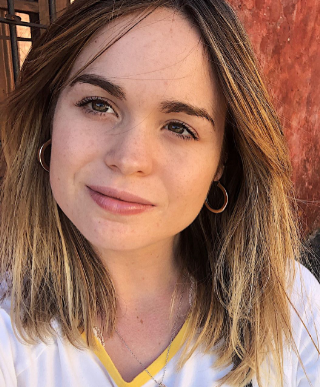 Maria Torres Predoctoral Researcher
Maria Torres Predoctoral Researcher -
 Mònica Ubalde Postdoctoral Researcher
Mònica Ubalde Postdoctoral Researcher -
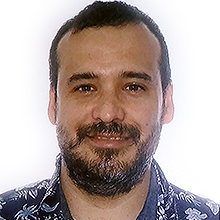 José Urquiza Data Manager HELIX
José Urquiza Data Manager HELIX -
 Sarah Warkentin Postdoctoral Fellow
Sarah Warkentin Postdoctoral Fellow


